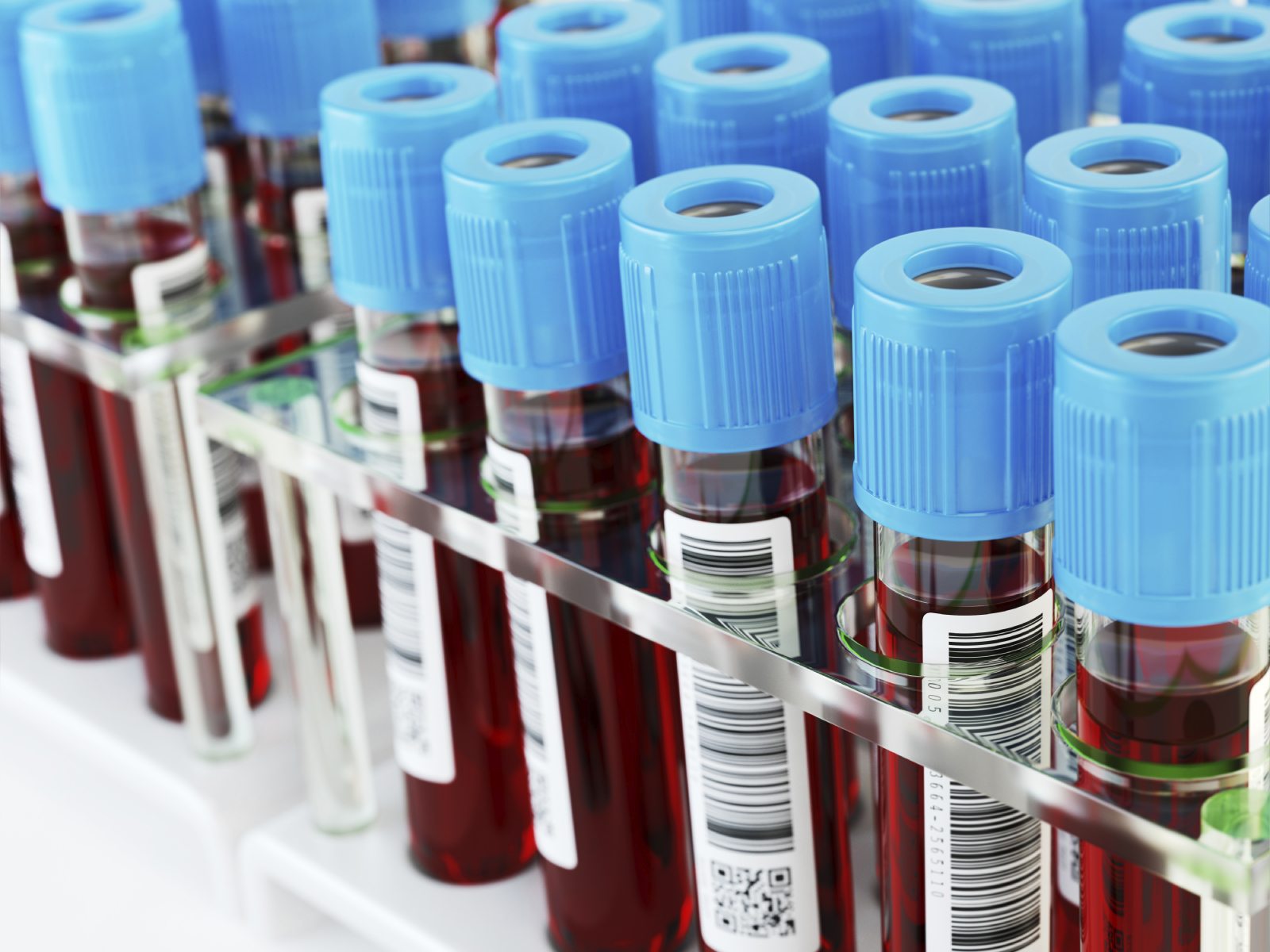Competition heats up in BCMA CAR-T as J&J, BMS update myeloma trials

Bristol-Myers Squibb’s anti-BCMA CAR-T therapy ide-cel is in pole position to reach the market, but could face tough competition from a rival Johnson & Johnson drug, according to data reported at ASCO 2020.
J&J has reported updated results from the CARTITUDE-1 study of its CAR-T candidate JNJ-4528, which was a hit at last year’s ASH congress after it showed a 100% overall response rate (ORR) in heavily pre-treated multiple myeloma patients.
Updated results from the phase 1b/2 study show that impressive response rate has been maintained and deepened in the intervening months.
At the last data cut-off, 25 of 29 patients in the phase 1b stage of the trial had a complete response (CR) – an 86% rate which improves on the 66% CR reported a few months ago.
Progression-free survival (PFS) was 86% after nine months, follow-up, according to lead study author Jesus Berdeja of the Sarah Cannon Research Institute in Tennessee, US, who said the phase 2 portion of the trial is also now fully enrolled.
That in itself is a remarkable figure, given that patients in the study had received a median of five prior treatments and would be expected to live only a few months with standard treatment, and backs up the durability JNJ-4528 treatment.
The CAR-T – licensed from Chinese biotech Legend in 2017 for $350 million upfront – has also started a phase 3 study (CARTITUDE-2) which is due to read out in 2022. An accelerated regulatory filing might be on the cards sooner than that though if the phase 2 portion of CARTITUDE-1 hits the mark.
That gives pause for thought for BMS, which picked up rights to ide-cel (idecabtagene vicleucel; formerly bb2121) – originally developed by bluebird bio – via its $74 billion takeover of Celgene.
The headline CR rate for J&J’s therapy overshadowed new data with ide-cel at ASCO, which nevertheless also showed that the efficacy of BMS’ BCMA-targeting CAR-T seemed to be improving over time.
The updated results from the phase 2 KarMMa trial showed that ide-cel had a 73% OOR, which included a CR rate of 33%, amongst a group of 128 relapsed or refractory myeloma patients who had been treated with a median of six prior therapies.
The ORR rate had increased slightly (by 3%) from the earlier readout at ASH last December, and the CR rate also firmed slightly from 31%.
The updated results help build the case for ide-cel as it heads towards regulatory review, although on that front BMS suffered a setback earlier this month when the FDA rejected the filing for the CAR-T, asking for more chemistry, manufacturing and controls (CMC) data.
The delay was bad news for investors in Celgene, as ide-cel needs to be approved by 31 March 2021 approval deadline or they could lose a contingent value right (CVR) payment tied to regulatory decisions on ide-cel and two other Celgene drugs.
BMS has said it hopes to refile the ide-cel dossier in July, which could still leave time for review and approval.
BMS also has phase 1/2 data for another BCMA-targeting CAR-T therapy at ASCO20, namely orva-cel (orvacabtagene autoleucel; formerly JCARH125), which was developed by its Juno Therapeutics subsidiary.
New results from the phase 1 portion of the 100-patient EVOLVE show a 92% ORR and 35% CR rate among 62 patients evaluated by the cut-off date.
The BCMA field is looking likely to become very crowded, with several other companies developing alternative approaches to CAR-T including antibody-drug conjugates (ADCs) and bispecific antibodies, with new data on some of these also due for presentation at ASCO.
GlaxoSmithKline is leading the pack at the moment, having filed for approval of its ADC drug belantamab mafodotin in the US last December, with AstraZeneca and BMS/Sutro Biopharma also developing ADCs against BCMA.
Meanwhile, Amgen seems to be out in front in the bispecific category with AMG 420, with Regeneron BMS/bluebird bio chasing after.












